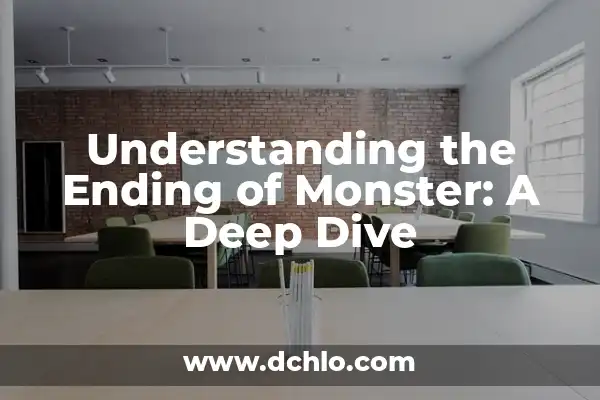The conclusion of the anime and manga series *Monster* is a subject of profound discussion among enthusiasts. This exploration delves into the intricate layers of the final scenes, offering insights into themes and character development without repeatedly using the term ending.
¿Qué significa el ending de Monster?
The ending of *Monster* is a nuanced exploration of morality and justice, highlighting the consequences of actions. It concludes the journey of Dr. Kenzo Tenma, who sought redemption by saving Johan Liebert, a boy he once saved whose life took a dark turn. The narrative weaves themes of justice, morality, and the cyclical nature of violence.
*Curiosidad Histórica:* The manga, created by Naoki Urasawa, concluded in 2001, leaving a lasting impact on fans with its complex storytelling and depth.
The Symbolism Behind the Final Scenes
The final scenes are rich in symbolism, such as Johan’s roses, representing life’s fleeting nature and the inevitability of death. The connection between Johan and Tenma symbolizes the duality of good and evil, reflecting the series’ exploration of human nature.
También te puede interesar
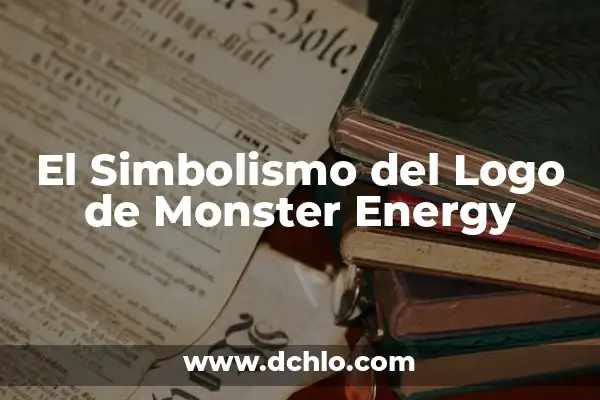
El Simbolismo del Logo de Monster Energy
El logo de Monster Energy es más que un simple diseño; es un símbolo cargado de significado que refleja la esencia de la marca. Este artículo explora detalladamente el simbolismo detrás de este emblemático logo, destacando su diseño, historia y...
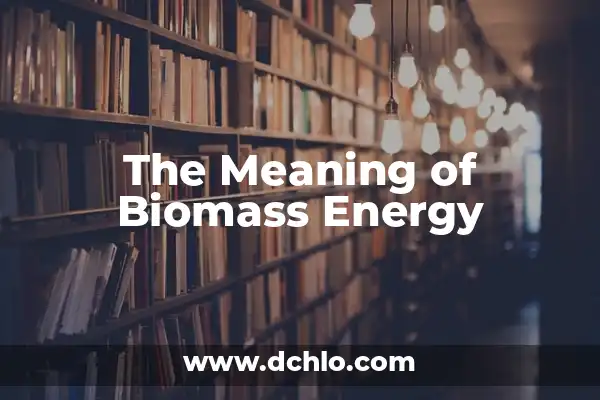
The Meaning of Biomass Energy
Biomass energy is a vital component of renewable energy sources, derived from organic matter. This energy form is crucial as it offers a sustainable alternative to fossil fuels, helping mitigate climate change by reducing greenhouse gas emissions.
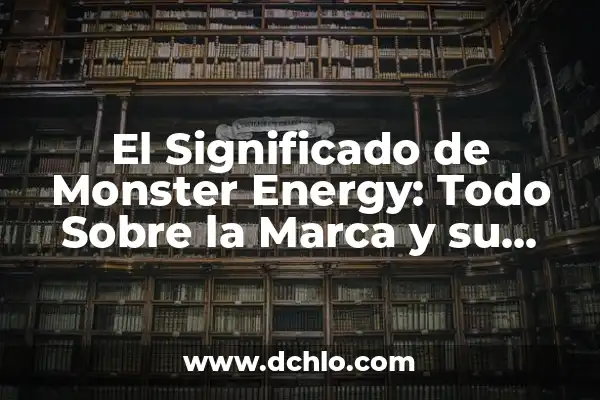
El Significado de Monster Energy: Todo Sobre la Marca y su Impacto
Monster Energy, una de las bebidas energéticas más populares a nivel mundial, ha dejado una huella imborrable en la cultura moderna. Este artículo explora su significado, origen y el impacto cultural que ha tenido desde su creación.
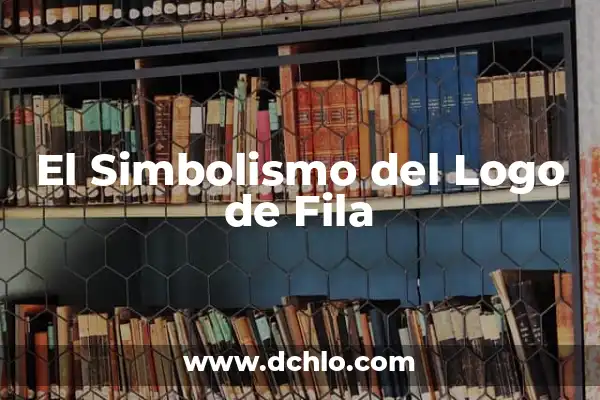
El Simbolismo del Logo de Fila
En el mundo del diseño gráfico y la identidad de marca, los logotipos son más que simples imágenes; son portadores de significados profundos que reflejan los valores y la esencia de una marca. Uno de los logos más icónicos en...

Como hacer a Kratos en Monster Hunter World
Antes de empezar a crear a Kratos en Monster Hunter World, es importante que tengas ciertos conocimientos básicos sobre el juego y sus mecánicas. Asegúrate de haber alcanzado un nivel decente de experiencia en el juego y de tener una...

Significado de Wind Energy Statistics: Comprendiendo la Energía Eólica
En un mundo cada vez más consciente de la importancia de las energías renovables, el término significado de wind energy statistics se refiere al estudio y análisis de datos relacionados con la energía eólica. Este artículo explora las estadísticas que...
*Ampliación:* These symbols tie into the narrative’s core, emphasizing the struggle between hope and despair.
Ejemplos clave del final de Monster
Key examples include Johan’s decision to end his life, the shoot-out in the warehouse, and Tenma’s reflection on his journey. These moments highlight themes of sacrifice and the cyclical nature of violence.
[relevanssi_related_posts]La justicia, un tema central en el ending
Justice is a central theme, portrayed through various characters’ perspectives. The ending reflects on justice’s true nature, suggesting it’s subjective and influenced by individual beliefs.
*Pasos:*
- Johan’s view of justice as a construct.
- Tenma’s quest for justice and redemption.
- The series’ conclusion challenges viewers to question justice’s nature.
Los 5 momentos más significativos del ending de Monster
- Johan’s death, symbolizing the cycle of violence’s end.
- Tenma’s realization of his journey’s impact.
- Nina’s role in Johan’s life, highlighting human connection’s power.
- The final confrontation’s emotional depth.
- The series’ hopeful note, suggesting a new beginning.
The Final Message of Monster
The ending conveys a message of hope and the possibility of breaking violence’s cycle, emphasizing human connection’s strength.
¿Para qué sirve el ending de Monster?
The ending serves to conclude character arcs, provide closure, and leave a lasting impact, inviting reflection on justice, morality, and human nature.
El significado profundo del final de Monster
The ending delves into philosophical questions about existence and humanity, using Johan’s character to explore the darkness within.
The Legacy of the Monster Ending
The ending’s legacy lies in its influence on storytelling, remembered for its complexity and emotional depth, shaping the series’ impact.
El significado del ending de Monster
The ending signifies the culmination of themes and character journeys, leaving a profound message about justice and morality.
¿De dónde proviene la idea del ending de Monster?
Naoki Urasawa’s inspirations include philosophical inquiries and real-world events, influencing the narrative’s depth and complexity.
El final de Monster: un análisis detallado
A detailed analysis reveals layers of meaning, exploring character development and thematic depth through specific scenes.
¿Cuál es el mensaje final del ending de Monster?
The final message emphasizes hope and redemption, suggesting that violence’s cycle can be broken through human connection.
Cómo entender y analizar el ending de Monster
Analyzing the ending involves examining themes, symbols, and character arcs, using techniques like scene breakdowns and thematic analysis.
INDICE

